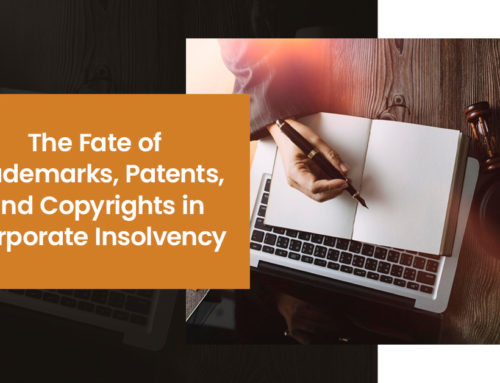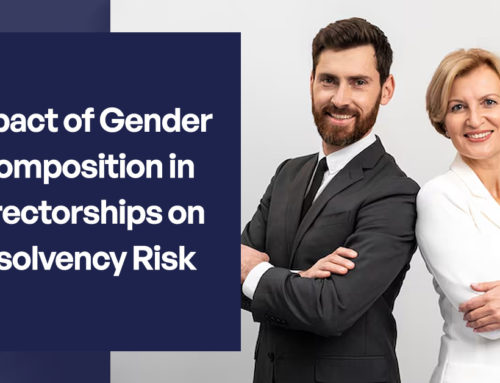Last month Rishi Sunak’s wife, Akshata Murty, was plunged into a tax controversy due to her non-domiciled status in the UK. The Chancellor’s wife was considered to allegedly have avoided paying UK tax on her income and faced a lot of criticism for her decisions.
The issue is based on two main aspects; one, that she was claiming non-domiciled status and two, because of that status, she was potentially saving millions of pounds on her overseas earnings over a period of years. Ms Murty has since announced that she will pay UK tax on her global earnings.
So, if claiming non-domiciled status is technically not illegal in the UK in terms of paying tax, why has Rishi Sunak’s wife’s tax controversy become so important?
What does non-domiciled (non-dom) status mean?
In the UK, a person who lives in this country can claim non-domiciled (non-dom) status if they consider their permanent, or ‘domicile’, home to be in another country. If HMRC is satisfied that their ‘domicile’ home is in a different country, that person doesn’t have to pay UK tax on any income or capital gains earned outside of the UK, as long as that money is not deposited in a UK bank account and does not come into this country. The income can include dividends on stocks and shares, as well as any gains made by selling a second home overseas.
Generally, a non-dom considers the country of their father, and where they were born as their domicile home, but the status is not automatically given. UK residents born abroad must apply to HMRC for non-dom status and meet specific criteria before it is granted.
The underlying issue with non-dom status is that although the person is taxed on their UK income, they are not usually taxed on their income earned in their domicile country nor are they a tax resident in that country. This means that ultimately, neither country applies to the person’s global income, which is the case for Akshata Murty.
Non-dom status time period
Non-dom UK residents that have been living in the UK for a minimum of 7 years out of 9 years are no longer entitled to claim free non-dom status; they have to pay an annual levy of £30,000 to the Government for the privilege of protecting their overseas income from being taxed in the UK. Non-dom’s who have lived in the UK for 12 years of the previous 14 taxable years must pay £60,000; those who have been UK residents for over 15 years of the previous 20 years are taxed on their global earnings.
Why the controversy about Rishi Sunak’s wife?
Akshata Murty’s father founded Infosys, the global IT Corporation that has its headquarters based in India, and she holds a 0.9% stake in the business. She moved to the UK in 2015 and claimed non-dom status, with her domicile country being India. It is estimated her dividend earnings from her stocks in Infosys amounted to around £54 million over the 7 year period that she has been a UK resident.
Because of her non-dom status, she does not have to pay tax, but she did opt to pay the annual £30,000 levy to the Government to continue to not pay tax on her overseas income this year. Had she not claimed non-dom status, she would have had to pay UK tax on the £11.6 million dividends she earned this year at 38.1%; this rose to 39.95% in April 2022. Of course, once she has lived in the UK for more than 15 years (she moved to the UK in 2015), she will no longer be eligible for non-dom status and will have to pay UK tax on her global earnings.
Although claiming non-dom status and tax position is perfectly legal, and despite Rishi Sunak declaring his wife’s tax status when he took up the Cabinet Office position of Chancellor of the Exchequer in 2018, they were criticised because it was ‘seen’ as his wife was allegedly avoiding paying UK tax on her dividend income from Infosys in India. The reason for this was that income tax and national insurance tax had recently been increased in the March 2022 Budget, meaning many more people in the UK were going to be paying more in tax on their income and there was a strong opinion of unfairness.
Efficient tax planning or bending the rules?
In reality, Akshata Murty has actually not done anything wrong nor used the UK’s tax system to her own advantage. The majority of foreign high-income earners residing in the UK do claim non-dom status, and it is a recognised form of efficient tax planning. A former tax professional said that if Ms Murty’s Infosys shares are being held in an offshore trust or the dividend income is deposited in a foreign bank; the advice would be to claim non-dom status whilst residing in the UK.
Rishi Sunak did declare his and his wife’s tax status when he took office in the interests of transparency as a politician in the UK, although it is not in law that his wife’s tax position must be declared, only his own. In addition, the UK’s tax rules around non-dom status have been in situ for many years.
Although Ms Murty has since announced that she would pay UK tax on her foreign earnings in the future, pre-empting an investigation, there are still calls from other parties to close the ‘loophole’ and not allow wives and partners or politicians, and particularly Cabinet ministers, to claim non-dom status in the UK, thereby avoiding Rishi Sunak’s wife’s tax controversy in the future.
If you are struggling with corporate or personal debt and unsure what the right route is to deal with your creditors, the first step is to seek professional advice. Our highly experienced professionals at Leading are on hand to help with advice on managing personal and professional insolvency matters. Contact us today and discover how we can help you.






